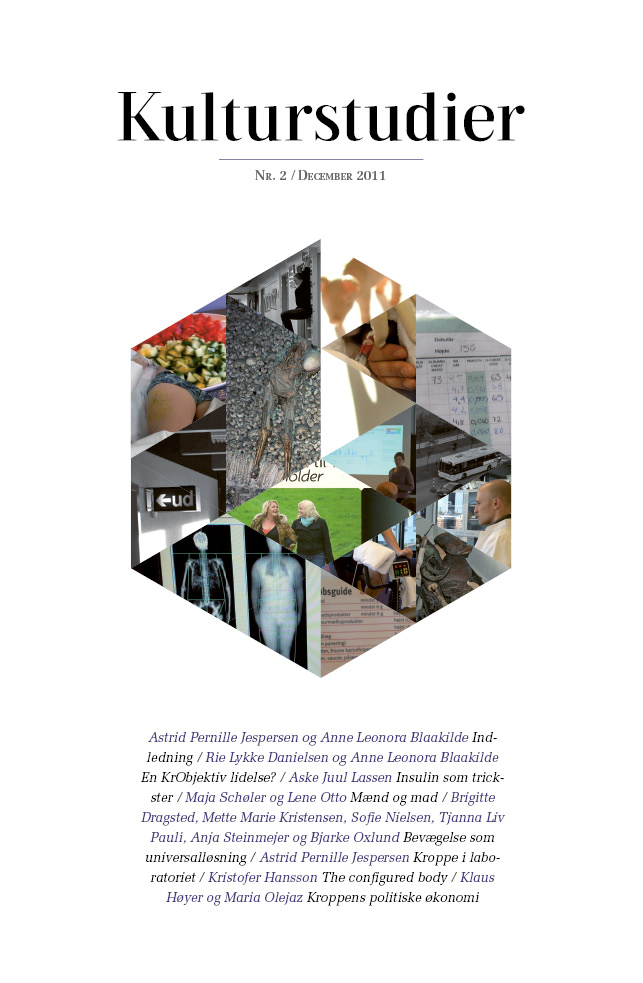Kroppen politiske økonomi. Om grænsedragningen mellem person, krop og vare i medicinske udvekslingssystemet
DOI:
https://doi.org/10.7146/ks.v2i2.5792Resumé
Today, the medico industry is considered the largest export sector of Denmark, and the medical knowledge, on which it is based, requires access to bodies and human biological material. This material and these bodies are thus in a certain sense economic resources. At the same time, they are typically regarded as parts of individuals – of subjects. In certain situations, this duality becomes problematic. You cannot buy and sell “body parts”; individuals may own, but cannot be owned. It is, however, no easy task to keep the-body-as-subject separate from the-body-as-object, and the medical routine work is full of hybrids. In the present article, we discuss historically specific ways in which to create distinctions in the tension between being a patient who is the target for intervention, and supplying material for the treatment of others. We focus on the hip as a bone and as a metal prosthesis, where it becomes the subject of exchange. With the article, we specifically wish to underline the necessity of recognizing the basic ambiguity sourrounding the body, and the meaning of this ambiguity for how we organize the exchange of everything which is neither subject nor an unambiguous object.
Downloads
Publiceret
Citation/Eksport
Nummer
Sektion
Licens
Tidsskriftet forbeholder sig ret til førsteudgivelsen, mens ophavsretten til artiklen tilfalder forfatteren.
Artikler udgivet af Kulturstudier licenseret under en Creative Commons Navngivelse-IkkeKommerciel-IngenBearbejdelse 4.0 International Licens





